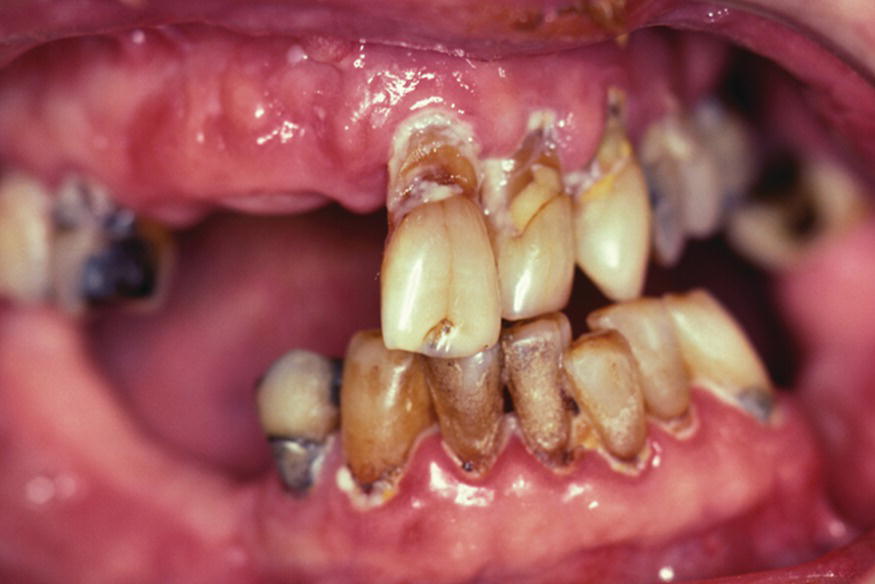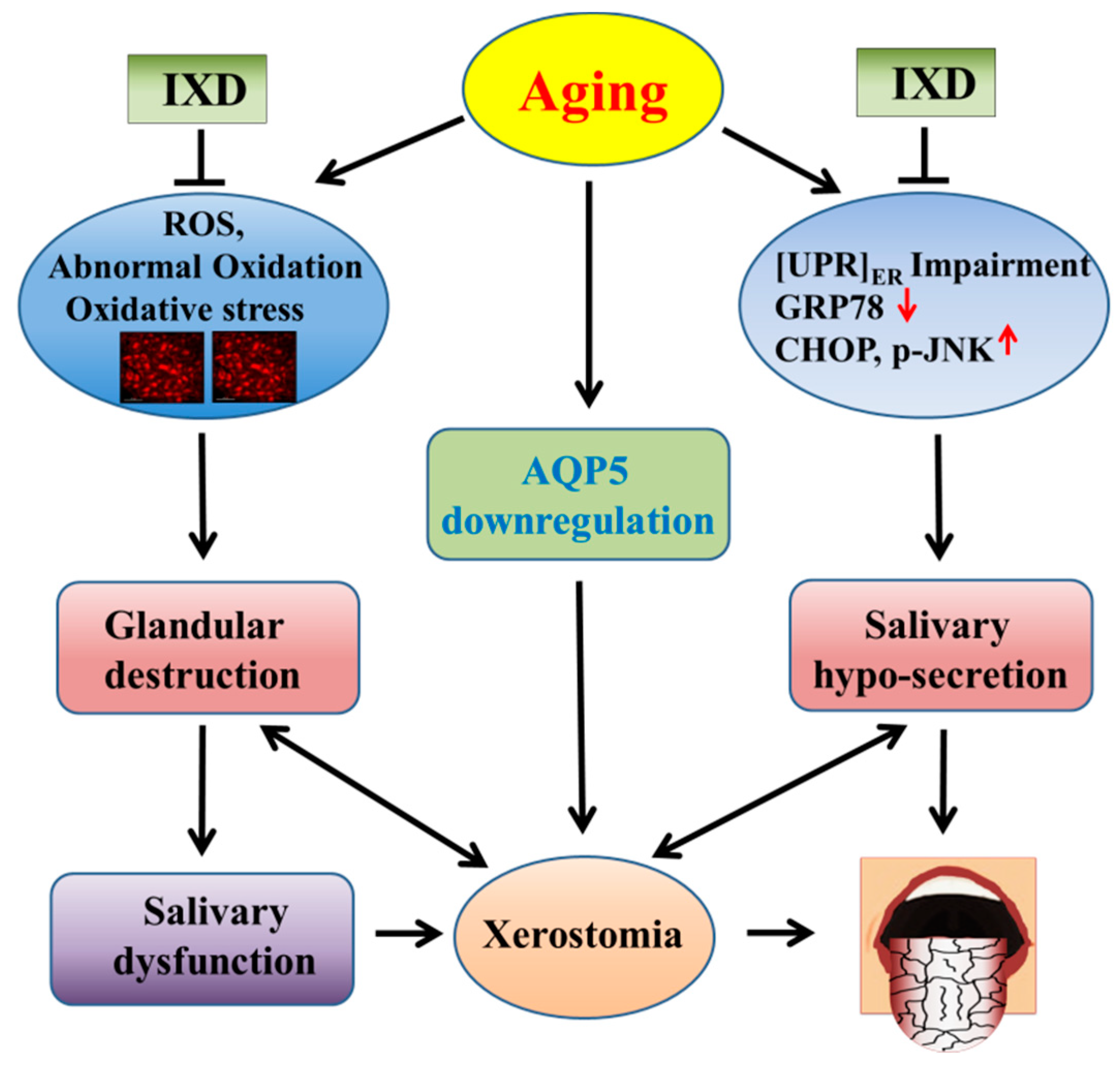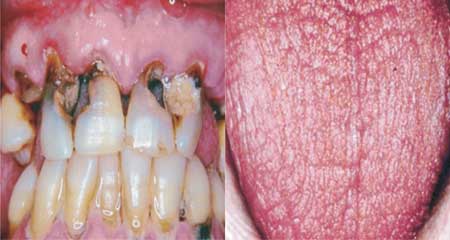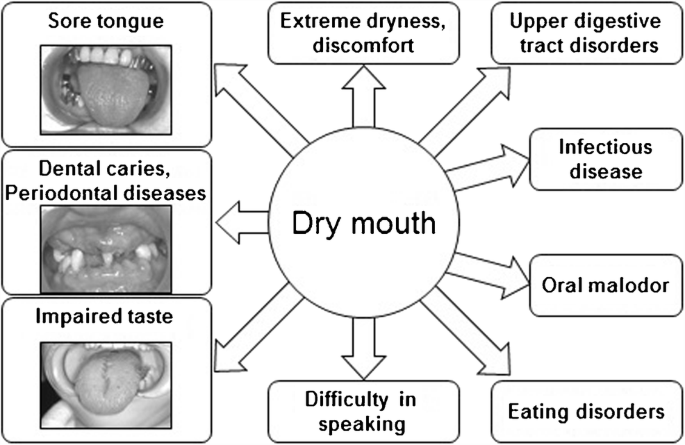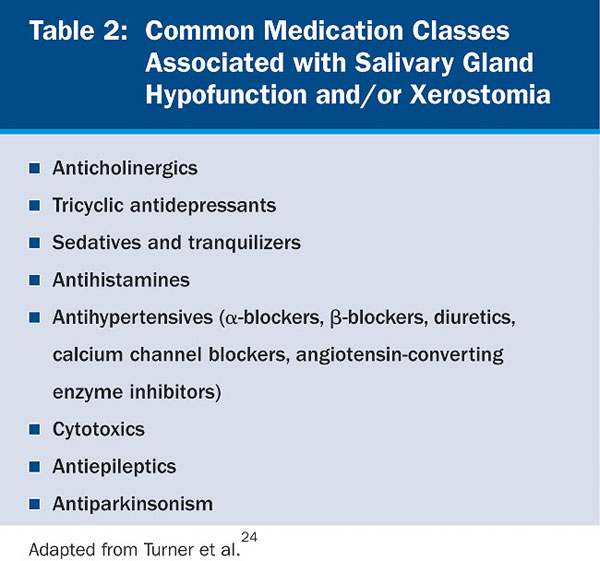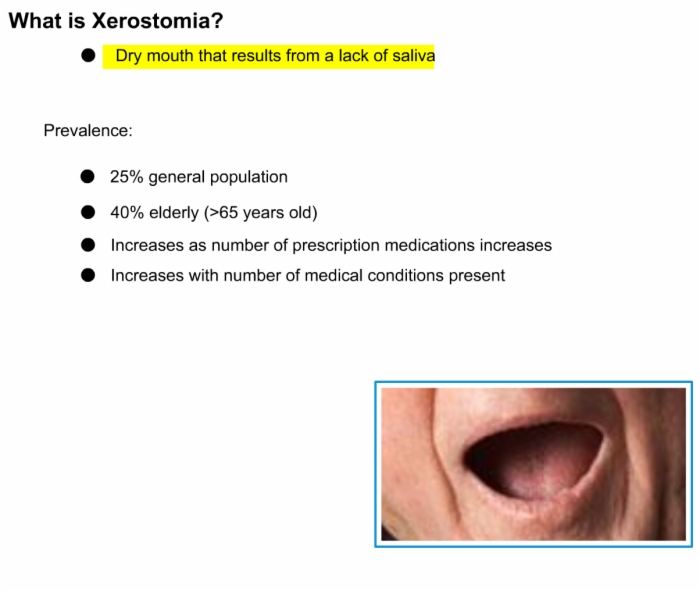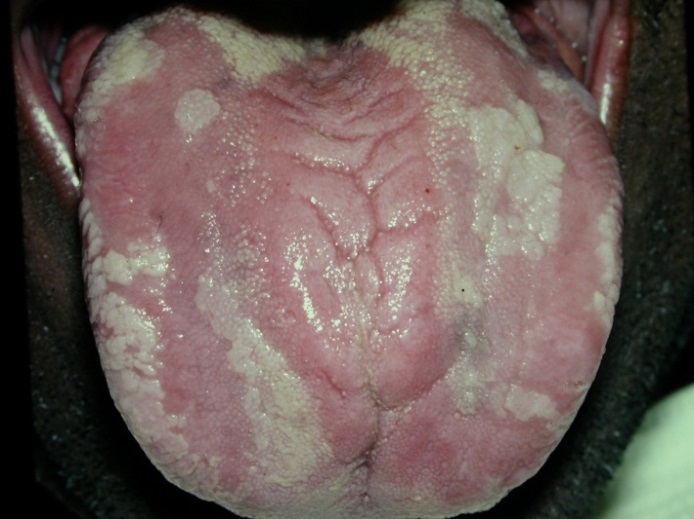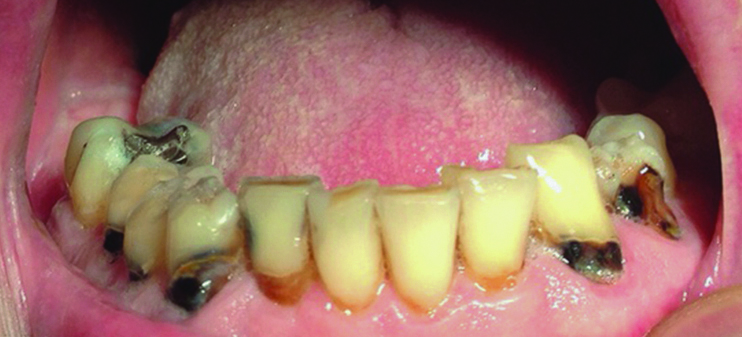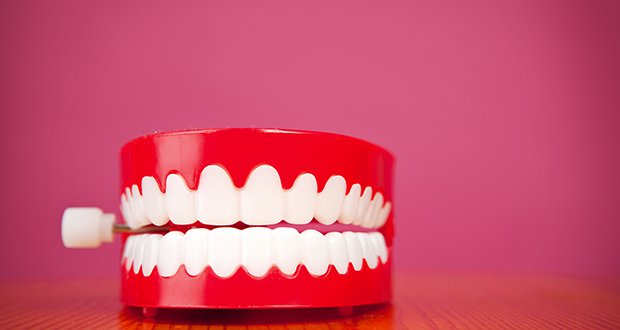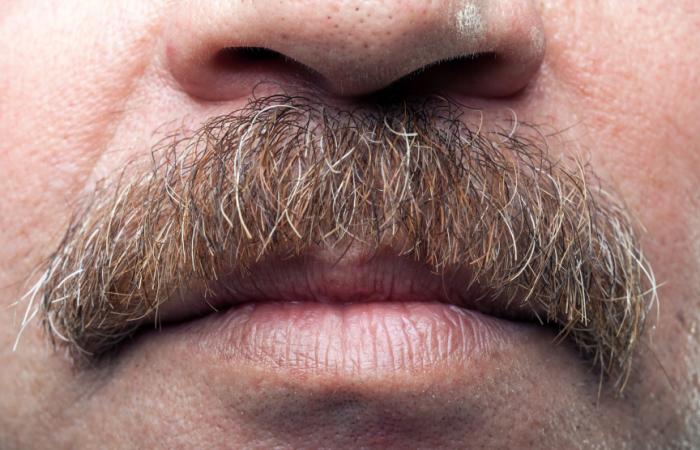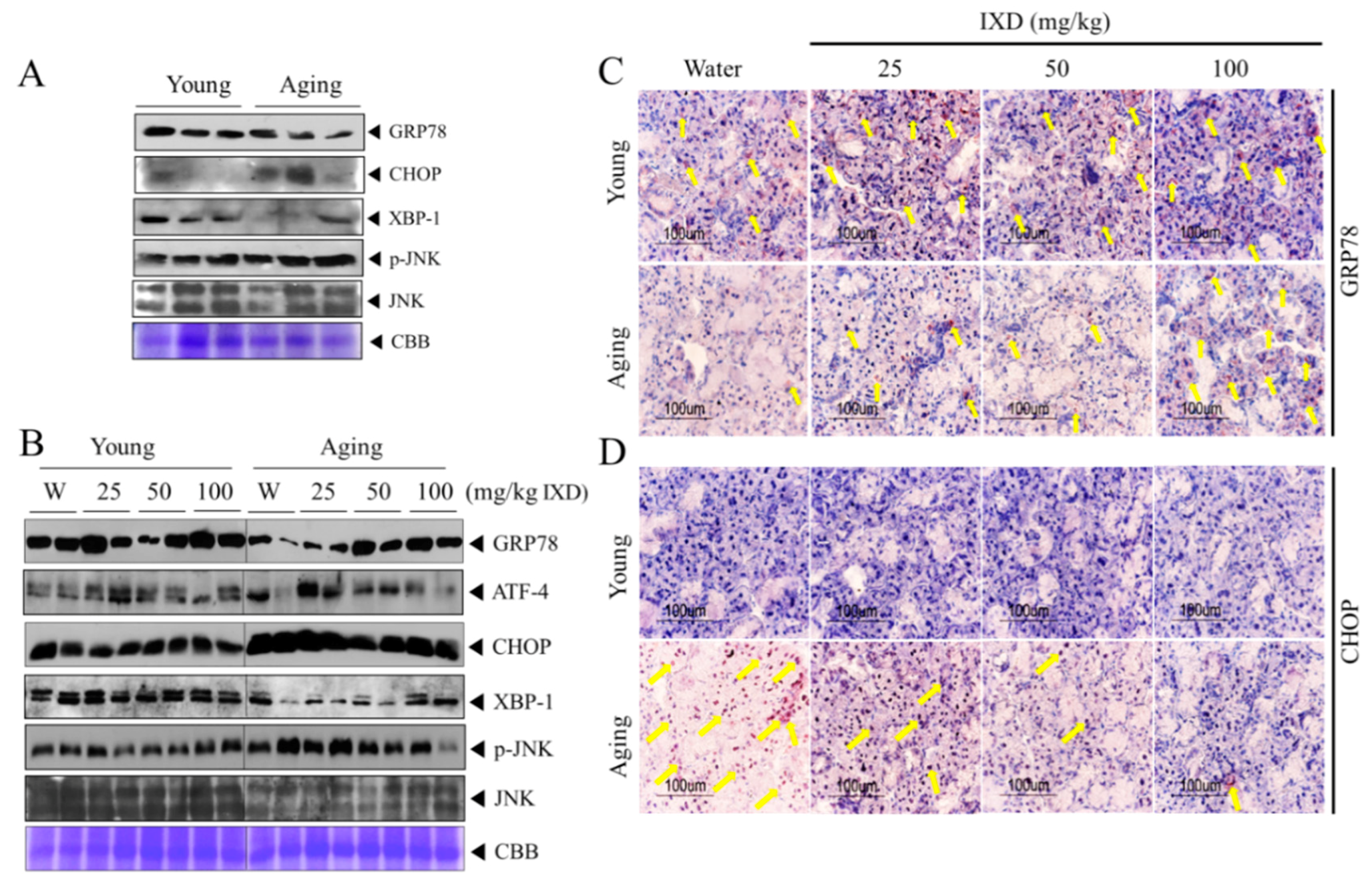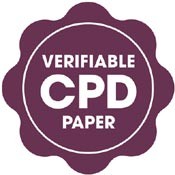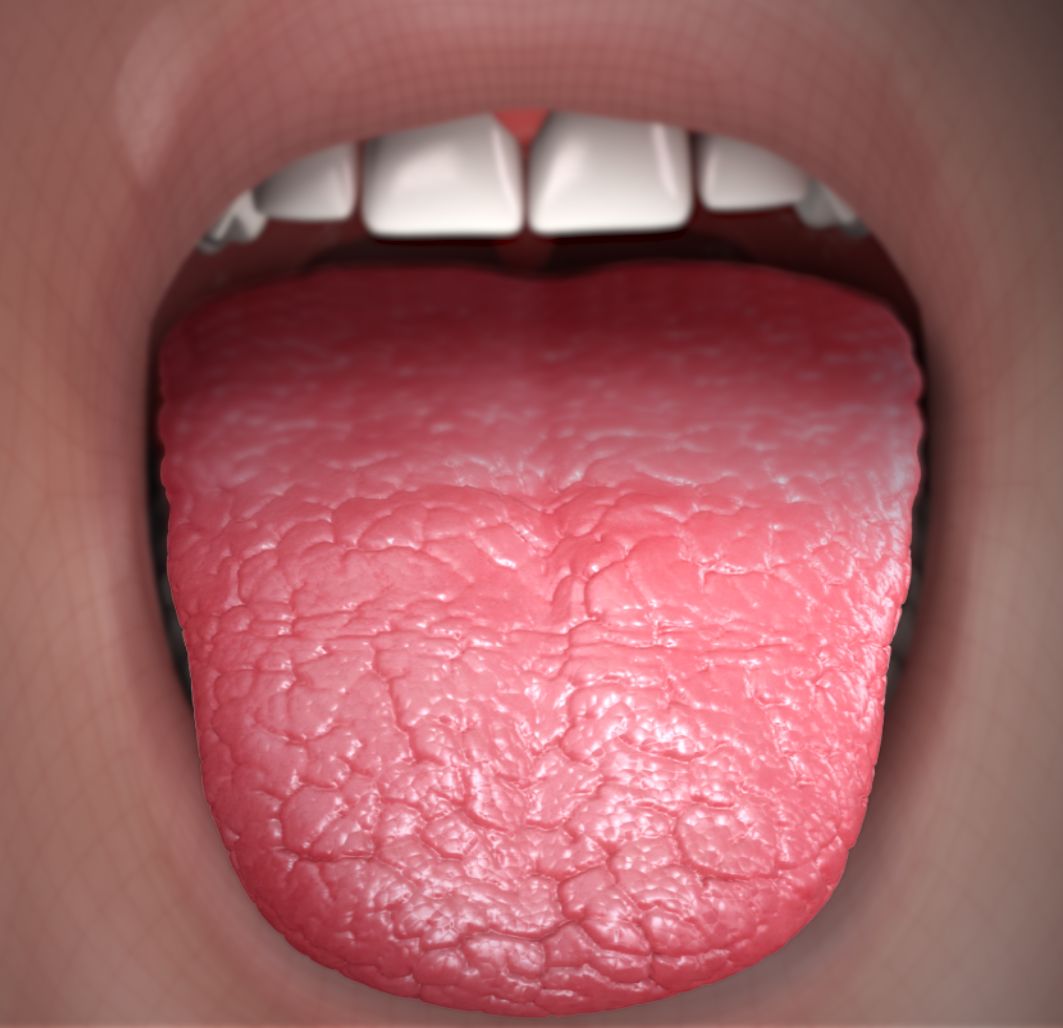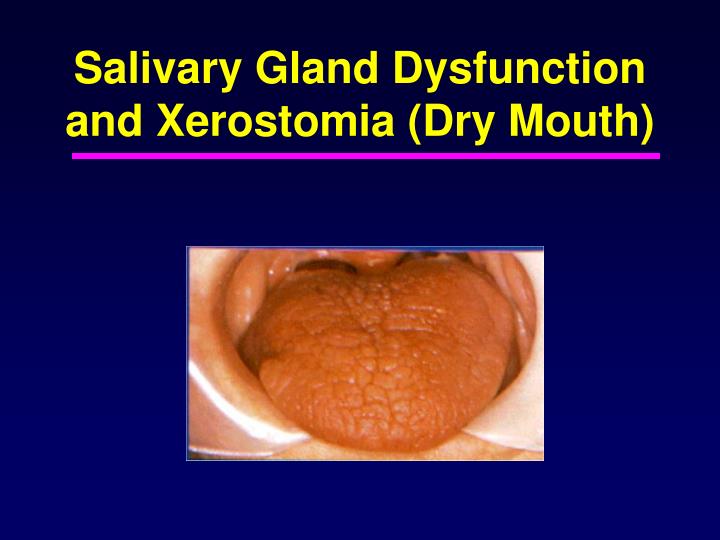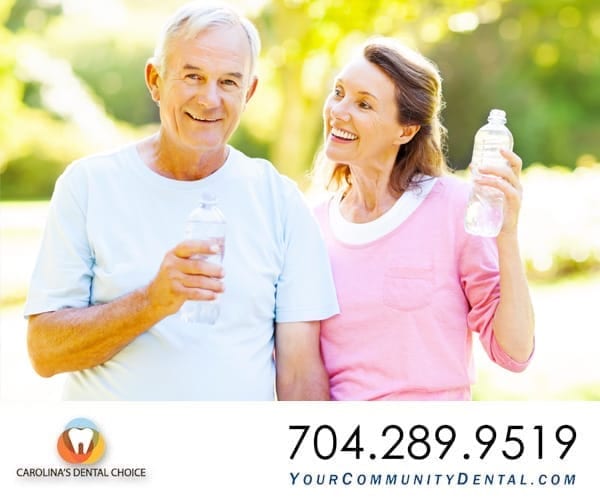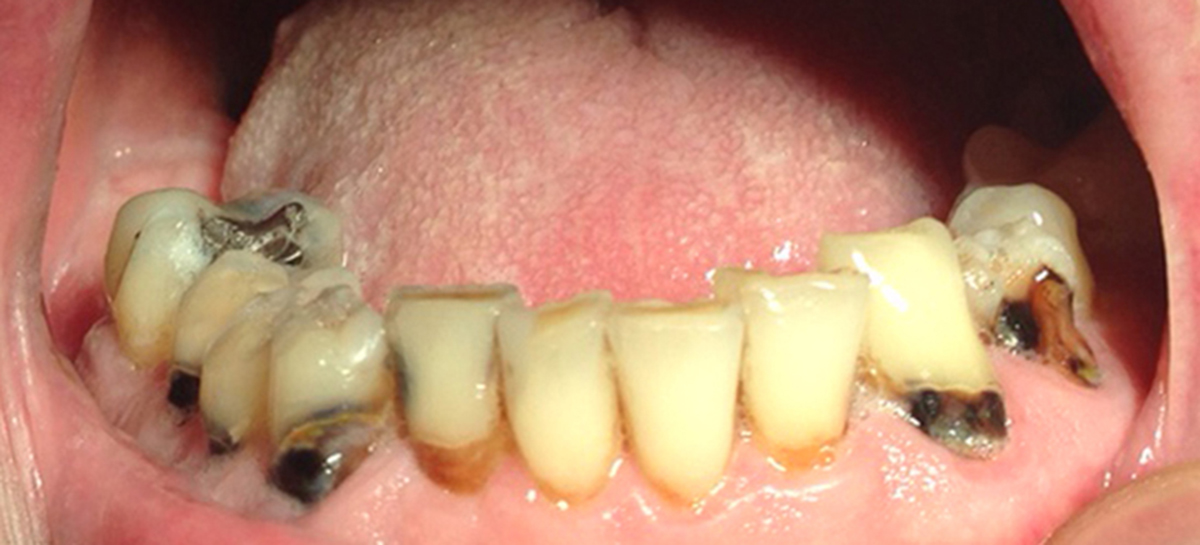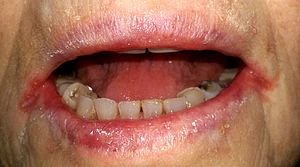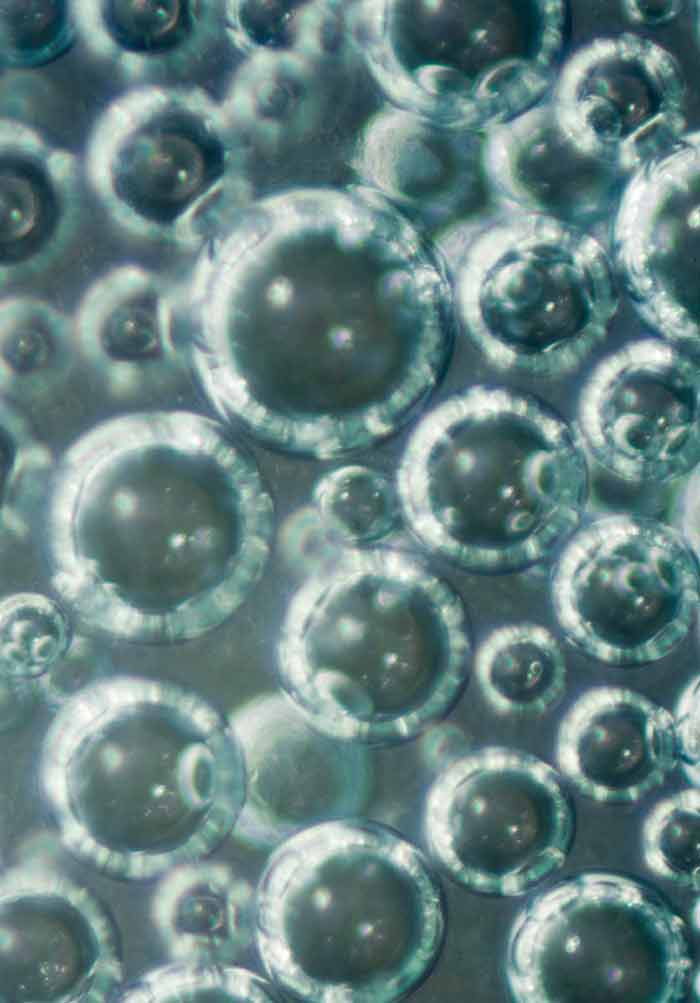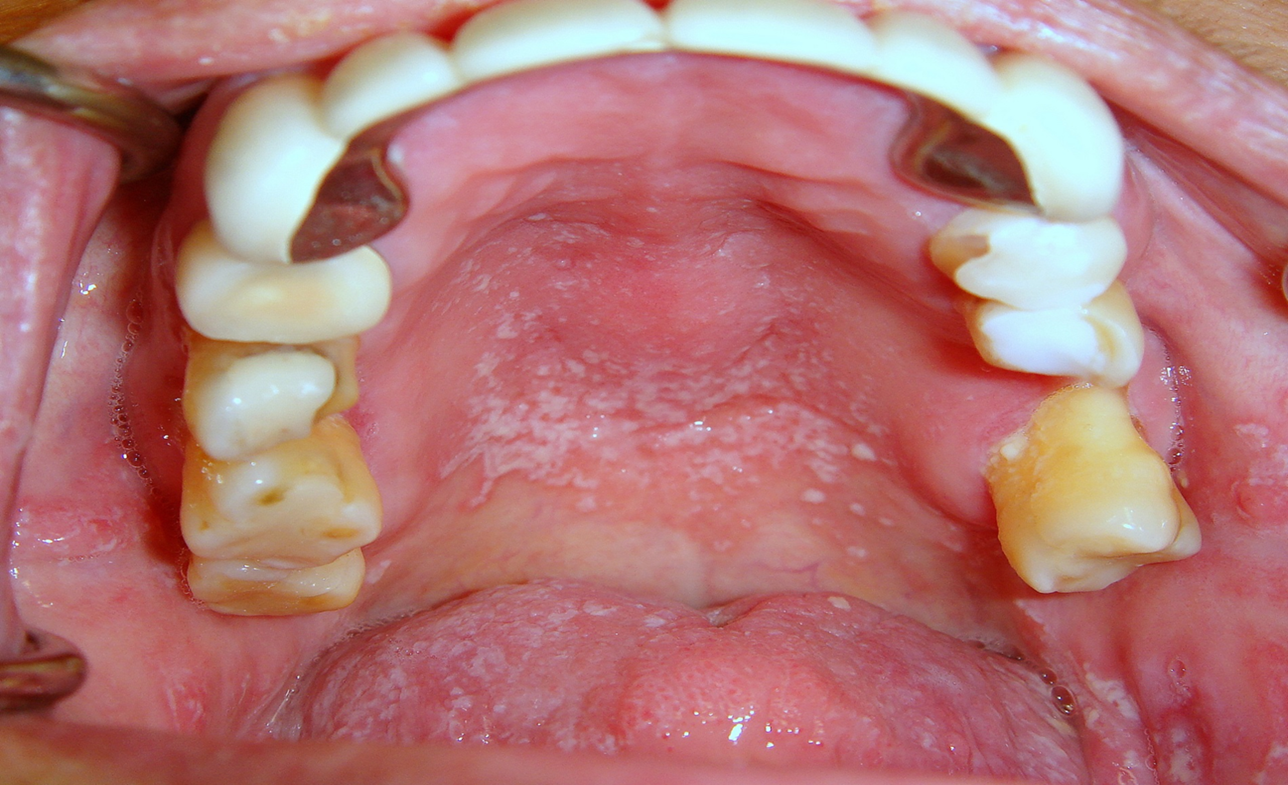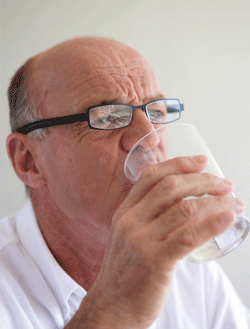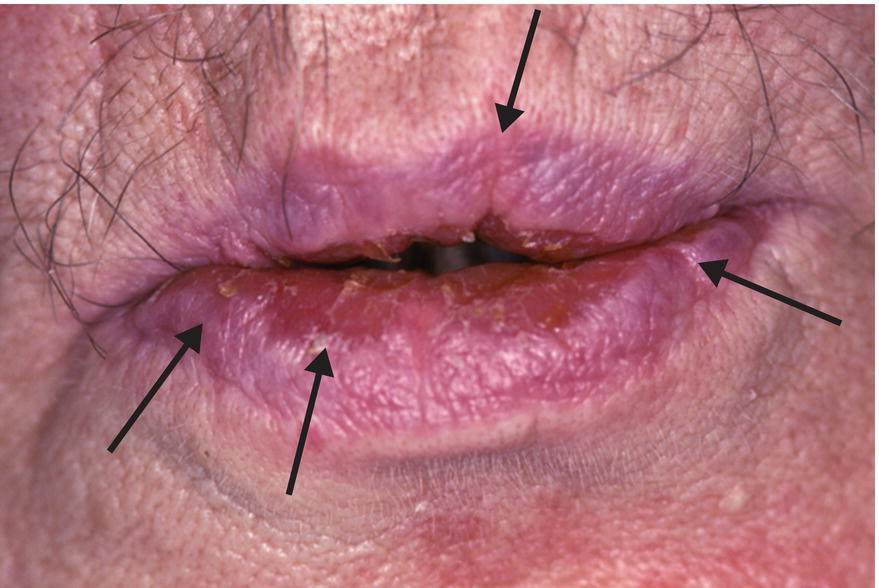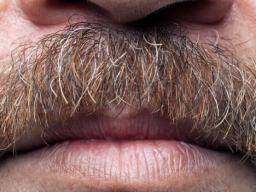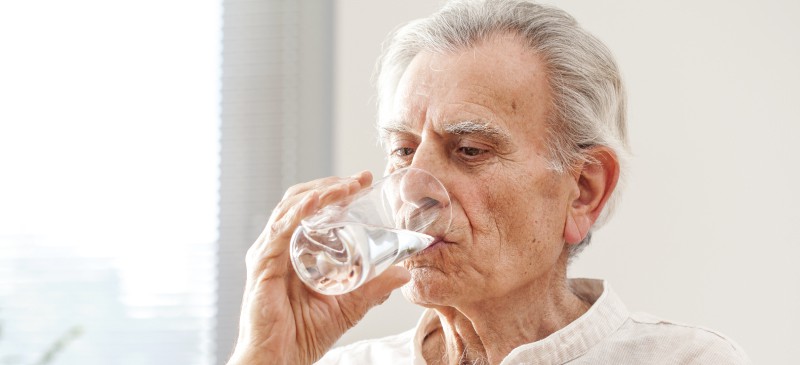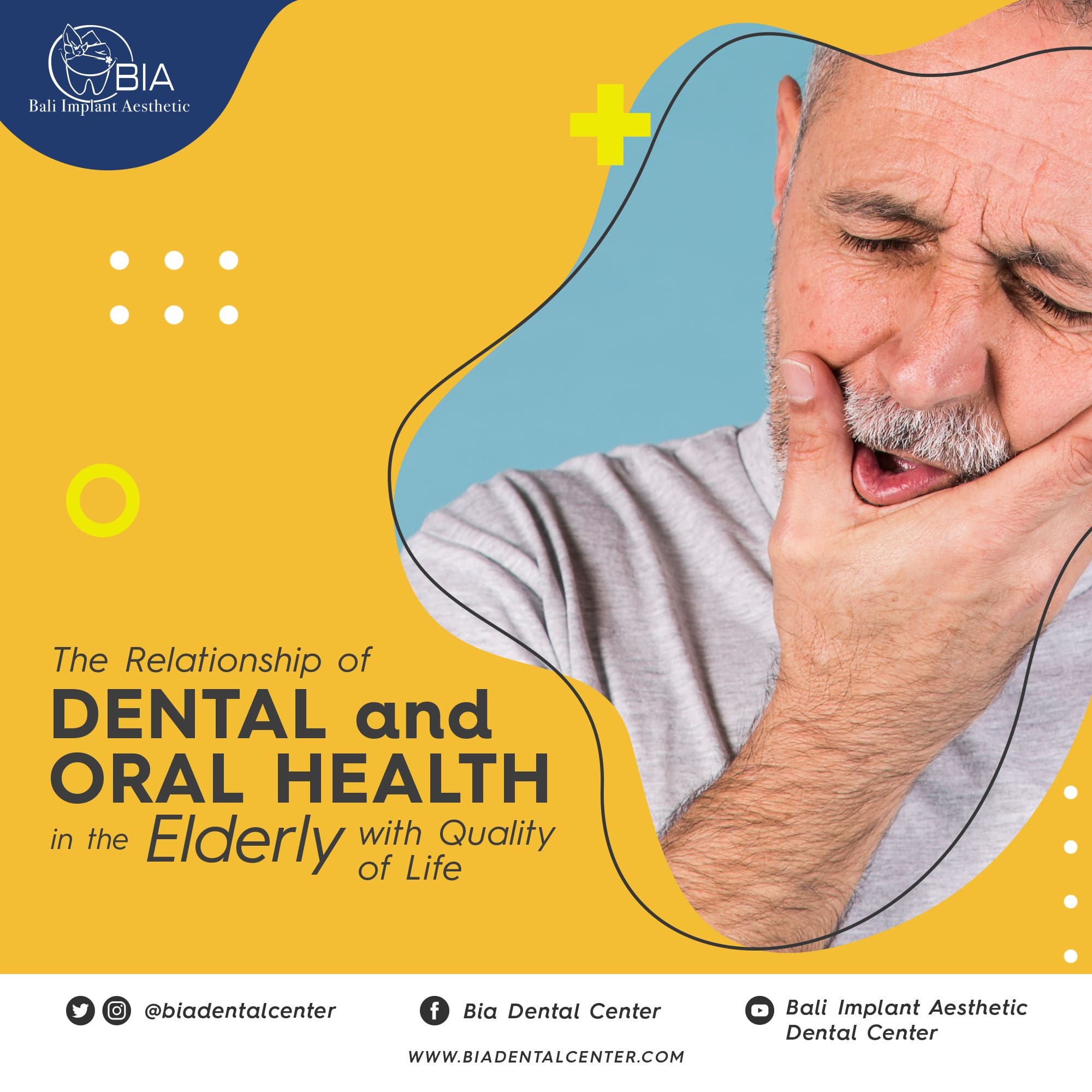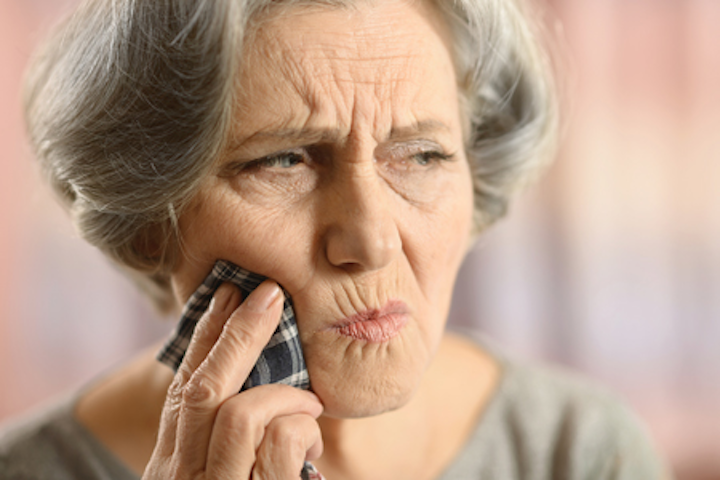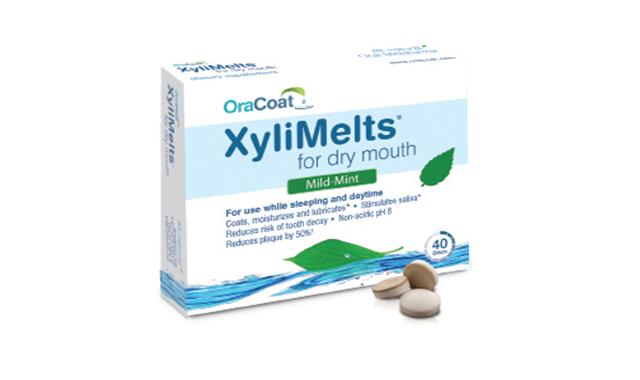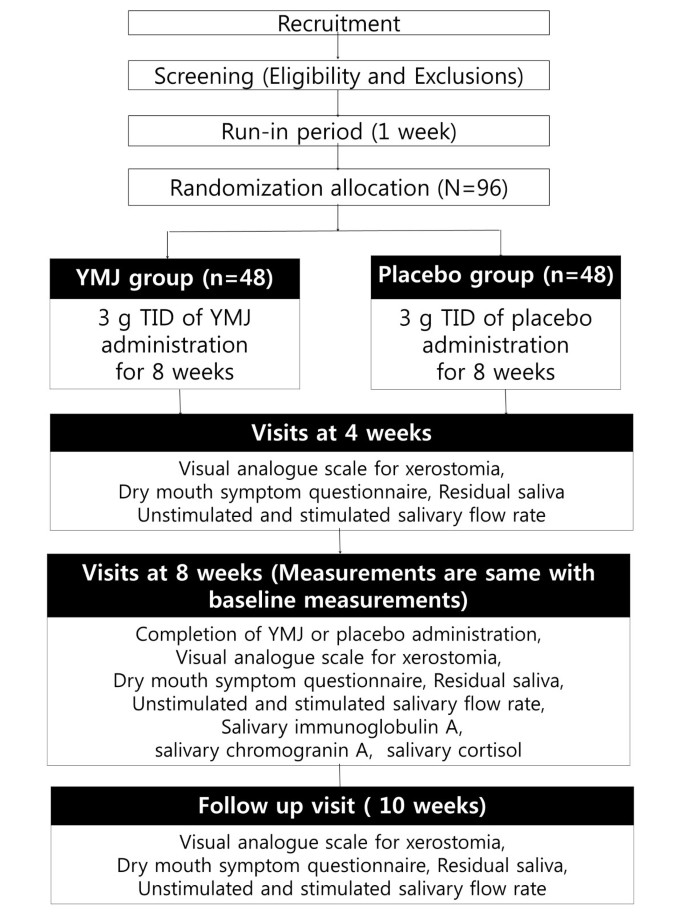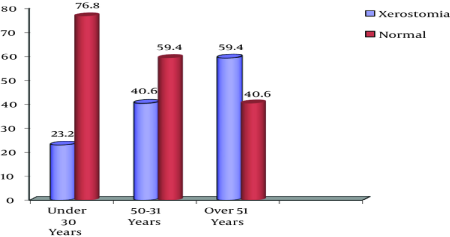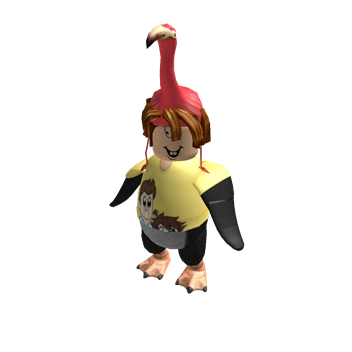Xerostomia Elderly
Signs and symptoms of dry mouth may include.

Xerostomia elderly. Causes of xerostomia in the geriatric population have been attributed to the use of medications chronic disorders and radiation therapy to the head and neck region. Dryness in the. In other cases xerostomia is not accompanied by an actual loss of saliva 3. Dry mouth can be a symptom or side effect of other conditions and.
Dryness or a feeling of stickiness in your mouth saliva that seems thick and stringy bad breath difficulty chewing speaking and swallowing dry or sore throat and hoarseness dry or grooved tongue. You can do some things to relieve dry mouth temporarily. In older people the most common cause is the use of medications with potential xerostomic effects mainly anticholinergic sympathomimetic sedative hypnotics opiates antihistamines and muscle relaxants 4. But for the best long term dry mouth remedy you need to address its cause.
Xerostomia or dry mouth is common among elderly people and is typically associated with decreased salivary gland function. Cracking and fissuring of the oral mucosa or inner lining of the cheeks and lips in which skin at the corners of the mouth may split or become sore. Dry mouth also known as xerostomia occurs when salivary glands dont make sufficient saliva to prevent the drying of the mouth. The best way to treat dry mouth known medically as xerostomia zeer o stoe me uh depends on whats causing it.
Cheilitis or inflammation and fissuring splitting or cracking of the lips. Talk to your aging loved ones doctor or dentist about any difficulty or changes in eating tasting swallowing talking or denture retention.



